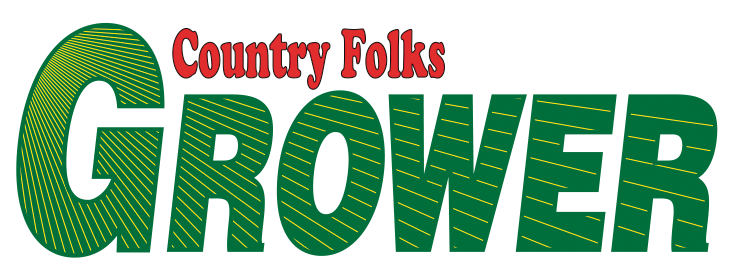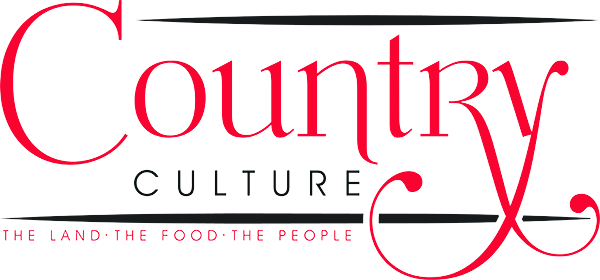It is never too early to start planning for retirement, especially for Millennial farmers who have some success under their belts in the industry but still have plenty of years until retirement approaches.
Michael Robertson, NY FarmNet farm business specialist, gave tips for retirement planning to Millennial farmers at the New England Vegetable & Fruit Conference.
Robertson mentioned as a Millennial (anyone born between 1981 and 1996), it might be difficult to focus on retirement, as it feels so far away. The youngest Millennials aren’t even 30 yet, with retirement over 30 years away. But Robertson stressed the importance of trying to “maximize your potential while you can” and planning proactively.
There are many challenges when it comes to trying to retire as a farmer. Farmers generally have an unsteady income and are frequently spending more money on things for the farm such as feed, fertilizer, bigger equipment, etc. There is a common thought among farmers that they will never retire, and that can be even stronger in Millennials who don’t have the time to think about retirement or the finances to retire.
A lot of farmers may be struggling to meet present financial needs on their farm or in their personal lives, so how can they put money toward retirement and save for future needs? Robertson stressed that if farmers “don’t have a clear vision of what retirement is going to look like… you should prioritize optionality in your life right now.”
This means diversifying until your business assets and non-business assets are working together to meet your goals.
Robertson focused on three concepts of retirement planning: goal setting, total return and decentering. Retirement planning starts with a goal. Figure out what it is you want for your life and for your future and think of how you’re going to get there.
The total return concept involves “planning a combination of income in your life and a combination of growth.”
It can be difficult for farmers to determine how much they should pay themselves, but it should be enough to meet their financial goals and live according to their values. Farmers should frequently contribute to their Social Security fund, which is not a retirement savings account, but is instead a “social safety.” Farmers should also contribute to their general retirement account, which could either be a personal or business account.
When contributing to your retirement accounts, the goal is to pay the “lowest amount of taxes across your lifetime.” The type of retirement account you should open is dependent on many factors, but Robertson recommends anyone in a lower tax bracket to open a Roth IRA account.
Increasing the value of your farm business is a great potential contributor to your future retirement. When it’s time to sell the business, “most farms sell at asset valuation,” or what the land and items are worth at the time. Keeping the business stable is important, continuously extending its lifecycle to succeed for multiple generations after you.
The third concept of retirement planning is decentering – finding the balance between work and life. A farmer who has successfully decentered themselves will find adjusting to retirement a lot easier. Your farm facilities should be built away from your home so when you retire, you’re not still on or next to the land.
Farmers should consider building their different facilities in different locations, making it easier to sell individual facilities rather than the entire farm as a whole.
It’s also important to make sure your customer base is loyal because they like the business and not just you as an owner. When you retire, it’s important for your loyal customers to stay loyal with the new owners and not leave when you do.
“Good retirement planning is good business planning,” Robertson said. Taking time out of your busy schedule to consider retirement planning is not a waste, but a need. As a Millennial with over 30 years until retirement, now is the time to invest your money in a risky/aggressive retirement plan, while you have time to “ride out all the waves.”
Robertson stressed the importance of starting early and contributing regularly, because the small dollars today will become large dollars in the future.




